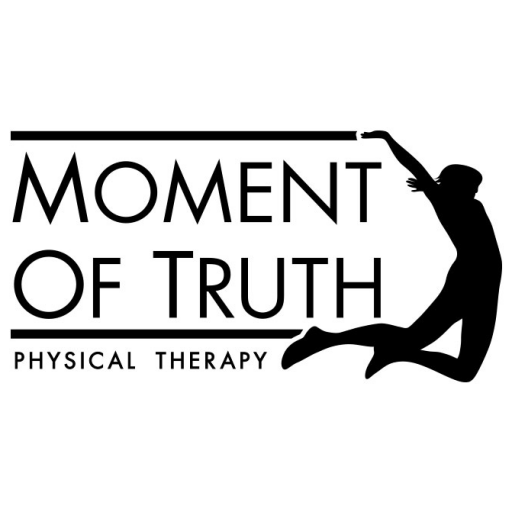Hi all, it’s Jenny, today I want to start a conversation about one of our most asked topics – Diastasis Recti! Commonly termed ab separation or “mommy tummy”. This post will give you some general information as to what it is, how to check for it, and when to seek help from physical therapy. If you have any questions, please reach out!
What is DrA?
Diastasis Recti is a common condition in which the abdominals or “six pack” muscles separate at the Linea alba, a thick band of connective tissue between the left and right sides of the muscle. This occurs during the third trimester of pregnancy as baby grows and is sometimes present in people at birth but is most noticed postpartum.
Often having this separation can make certain movements difficult such as crunches, Pilates, or any movement that increases the pressure in the abdomen. This also makes it difficult for the canister system that includes the diaphragm, abdominals, and pelvic floor to function appropriately to support you low back, hips, and pelvis.
Newly postpartum moms should only engage in low intensity, slow coordinated, and gentle ab movements, or workouts to begin to retrain the muscles and reduce the elasticity created during pregnancy. Healing may take weeks to months depending on your activity level pre- and post-is generally healed within the first 8 weeks postpartum.
Do I have it?
To the left is our self- check. This is only a guide and if you feel like you are experiencing symptoms, stay tuned for next week’s core strengthening sequences!
When should I see a Pelvic Floor PT?
There are tons of information out there, and if at any point you feel you need more guidance, please reach out to us at MOT or your local physical therapy clinic. The following are a few signs/symptoms that may lead you to seek pelvic floor physical therapy for your DrA.
-You are having difficulty lifting objects including your baby.
-Pain during sex
-Pelvic, low back or hip pain
-Urine leaking when you sneeze or cough
-Constipation
Call our office at (623) 226-4002 to find out how PT can help with DrA signs and symptoms you may be experiencing!





0 comments